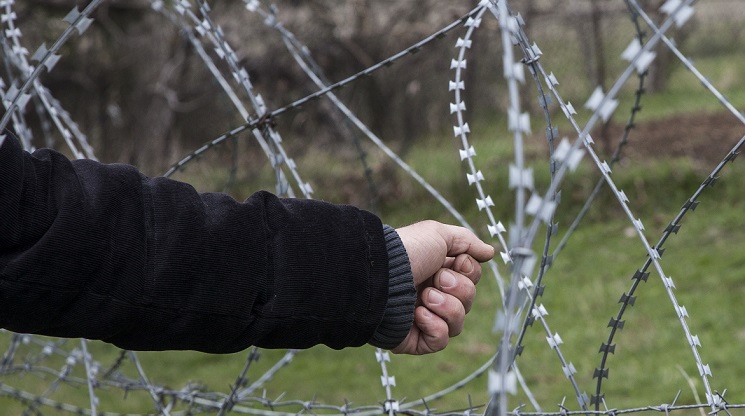Amnesty International report says Russian actions in Georgian occupied territories violate human rights

Amnesty International has released its annual report for Eastern Europe and Central Asia. Photo: Nino Alavidze/Agenda.ge.
Russia and the de facto authorities of the Georgian occupied Abkhazia and Tskhinvali regions continue to restrict freedom of movement with the rest of Georgia, negatively impacting the economic and other rights of locals, Amnesty International’s annual 2019 report for Eastern Europe and Central Asia says.
The report reads that the trust in prosecutorial and investigatory agencies in Georgia has decreased further as investigations into alleged human rights violations by state officials were not completed.
The report mentioned the cases of Temirlan Machalikashvili, Afgan Mukhtarli and the Khorava Street murder in Tbilisi.
Also, fears of politically motivated prosecutions marked high-profile cases. Police used disproportionate and indiscriminate force to disperse mass protests in the capital, Tbilisi (in June 2019) resulting in injuries to dozens of protesters.”
The report says that the authorities ‘refused to protect what would have been Georgia’s first ever Pride march’.
The report says that labour rights are still uninsured the country.
In February the parliament further expanded the legal powers of the Labour Conditions Inspection Department, established in 2015. Under the new legislation, the department can inspect safety standards in all industries without a court order or giving a warning. However, it still lacks powers to inspect working conditions beyond safety standards to address the broader impact of long working hours and production pressures – all of which are enduring problems in various industries of Georgia and contribute to frequent occupational accidents.
See the full report here.
 Tweet
Tweet  Share
Share